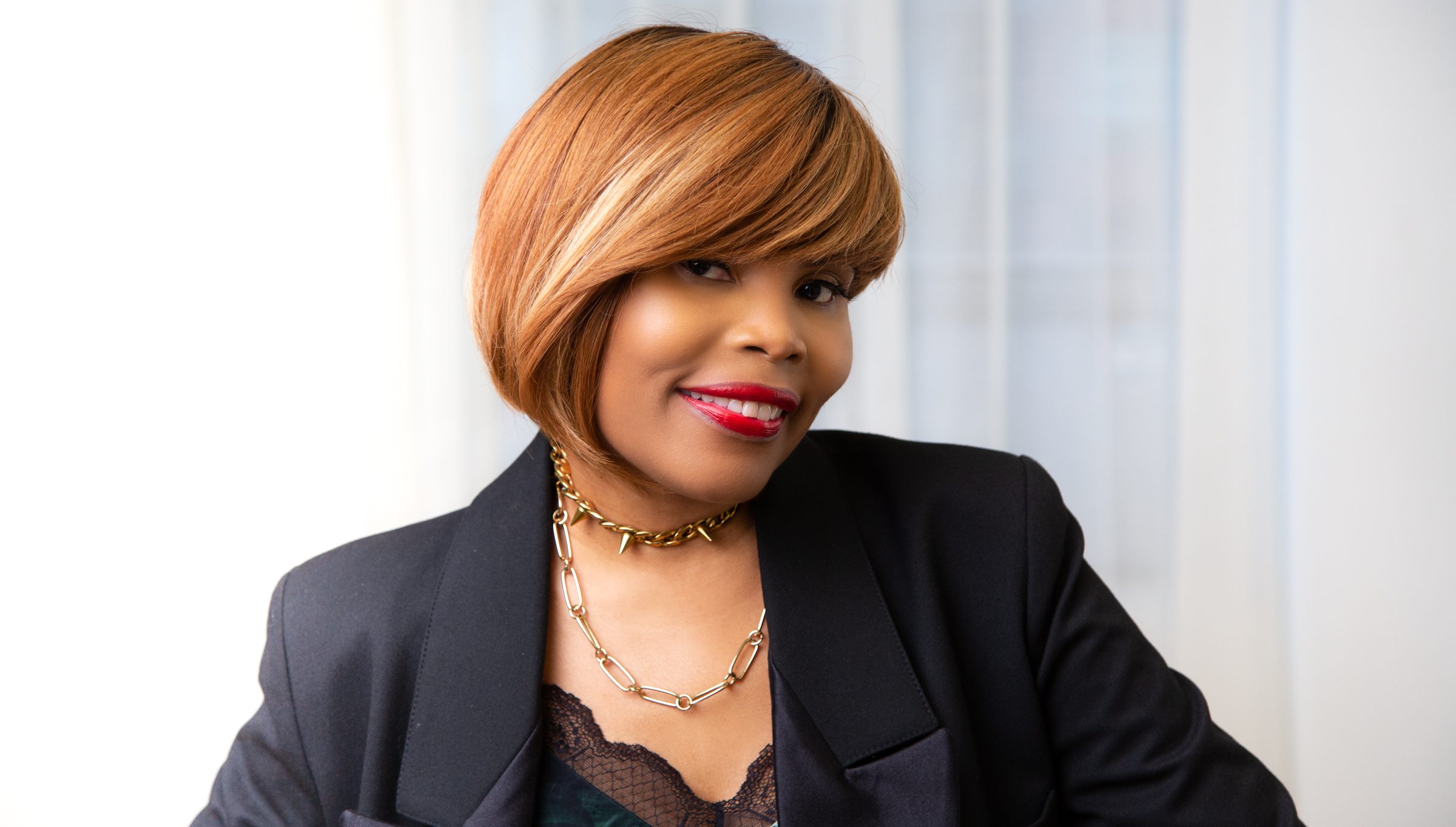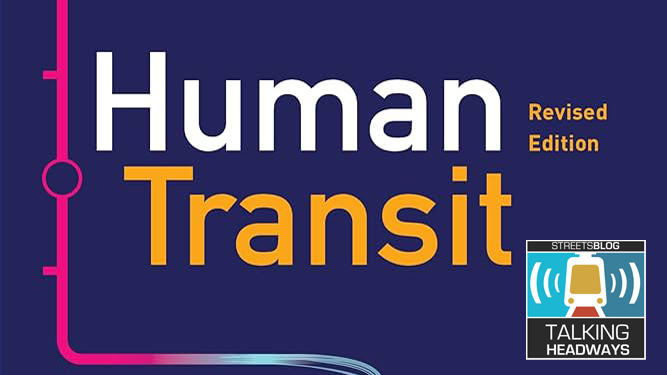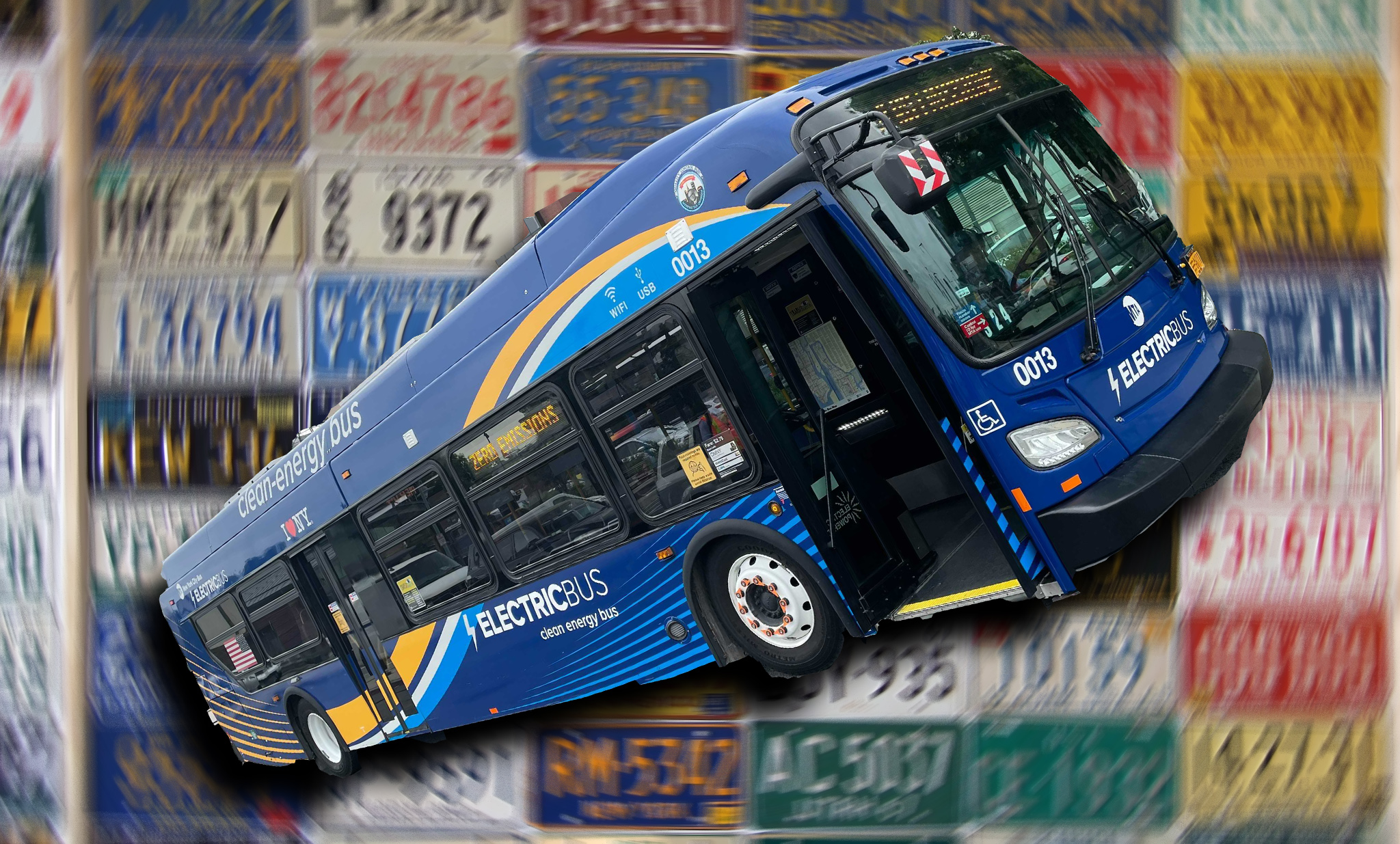It's no secret that Black North Americans face massive and disproportionate barriers to the safe and free enjoyment of public spaces — particularly on our streets and roads. But despite mountains of research on racial disparities in jaywalking stops, police brutality, traffic violence, and so much more, we still don’t have a complete picture of what it’s really like to be Black in the public realm — especially as that identity intersects with everything else North Americans might be.
Today, we sit down with placemaker and mobility justice icon Jay Pitter to talk about why she's launching the “Being Black in Public” survey, which hopes to bring that conversation back to the center of the discourse — and inspire policymakers to adopt new strategies and approaches to "transform Black public space precarity into equitable and joyful public space through policy reform."
And along the way, we also chat about her path to this work, how urbanism has (and hasn't) changed since the murder of George Floyd, and why we need to talk more about "the cost of advocacy."
The following excerpt has been edited or clarity and length.
Streetsblog: Why do we need this survey right now? And why do you think it doesn't exist already?
Pitter: So let's start with George Floyd. You will remember that just a few years ago, we witnessed a Black man be publicly murdered — lynched — in a perfectly well-designed, presumed-safe bike lane.
And at that time, there was so much discourse about the connections between that and historical urban policies that were specifically anti-black, and spatialized anti-blackness; it was such a fraught time, and everyone wanted to show up. They were having the conversation about long-standing history that, of course, dates all the way back to auction blocks where enslaved Black people were sold. [Black people] in public space were viewed not as fully human, and not just socially, but by law.
So historically, in North America and other places in the world, Black people have not only not been not safe within the public realm, but Black people have actually not been considered to be fully human, by law and by pseudoscience. And there's all kinds of urban policies — racist housing ordinances, sundown towns, the ways in which anti vagrancy laws, police profiling, cycling tickets, public transportation laws are enacted on Black bodies. There's been a very long history of spatialized anti-blackness, and [when George Floyd was murdered], there was some real conversation happening [about all it] of in that moment.
And I'm going to underscore moment, because we forgot very soon after that moment of collective outrage. During that time, I actually took about nine months off of my practice work to advocate and to really bring to the fore the policies, the structural issues, to stress that this was not a terrible moment in history, but that we've always been heading toward that moment. It was a moment among many other tragic, preventable incidences of anti-Black racism in public spaces. And during that time, I personally committed to doing something that would outlast the protest and the media interest. So here we are, because I keep promises.
Streetsblog: So another element that you underscore is that you don't just want to talk about police brutality and harassment; you don't want to exclusively focus on those experiences. Could you say more about why it's important that we expand our point of view around the experiences of being Black and public, even as we continue to hold space for those critical conversations about state violence in all its forms?
Pitter: Absolutely. We do have to address police brutality, that's clear. It is also true that the idea that we would be satisfied with a black person leaving their home and returning without being murdered — that's a pretty low benchmark. That's like suggesting that when women who go out into the public realm return home without being sexually violated, that's some sort of big win. I'm not willing to settle for that low a benchmark; that should be a given. We all should be able to experience some measure of joy, belonging, prosperity and opportunity every single time we leave our homes.
And so it was really important for me, in this survey, to expand the conversation and to be aspirational. To say, “Hey, this is not just about not getting profiled, not being murdered by police.” This is really about how black people occupy public spaces in their full humanity, and their inherent dignity, having that be respected and be intact, just as it should be for every other group.





